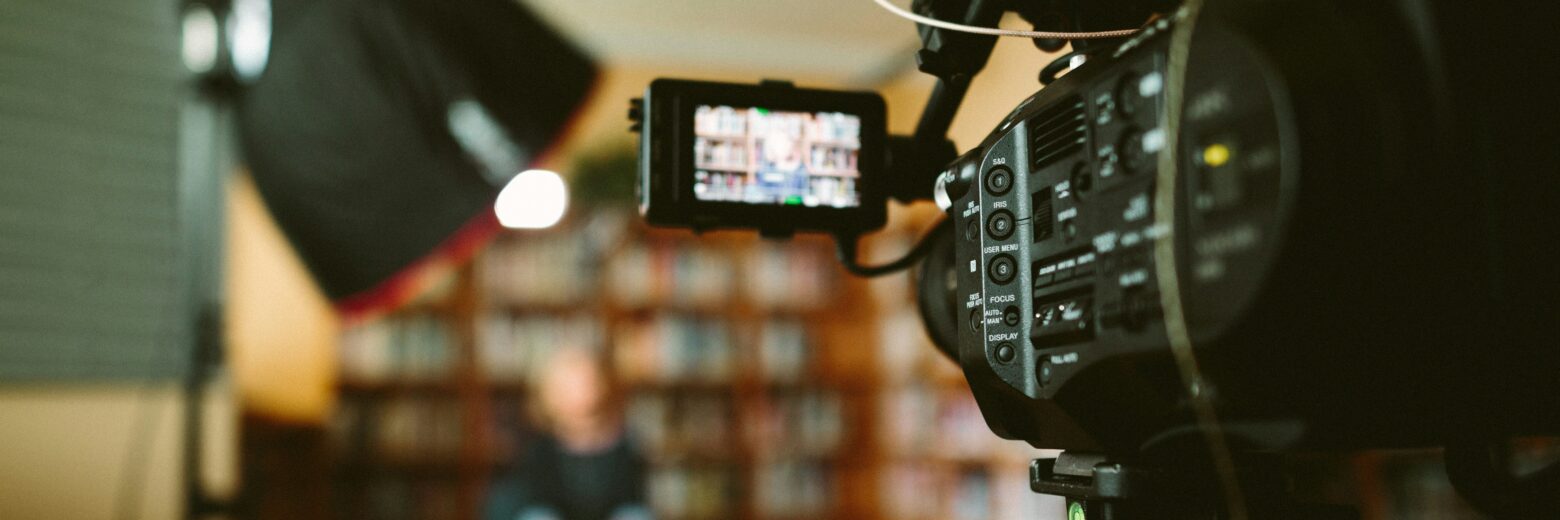BTEC DIGITAL MEDIA PRODUCTION
BTECs are work related qualifications suitable for a wide range of students and are built to accommodate the needs of employers and to allow progression to university.
WHAT IS BTEC DIGITAL MEDIA PRODUCTION?
If you see yourself working in film, television, music, publishing or advertising then our course offers you a wealth of practical and theoretical knowledge needed to get ahead. The BTEC Digital Media Production qualification is a fun and exciting practical course that is the equivalent of three full A-Levels.
You can get your first step towards a career in the creative industries by studying BTEC Digital Media Production. Media is a challenging and creative industry and it requires people with imagination and enthusiasm.
Many students progress from their level 3 BTEC on to undergraduate courses and some may even go straight into employment within the creative sector.
WHAT WILL I STUDY ON THE COURSE?
During the course you will produce a varied portfolio of media work that includes a student magazine, a documentary and a short film. Assessment includes a range of assessment types. There are three main forms of assessment: external, internal and synoptic. Assessment methods are varied to give you the best opportunity to succeed.
We have state of the art facilities designed to replicate the technology you will use in the industry. Our facilities include a portable 4K television broadcasting unit and a Mac editing suite complete with Final Cut Pro, Adobe InDesign, Photoshop and After Effects. We also have a range of equipment available for students to book out and use inside and outside of lessons, including Blackmagic Cinema Cameras, Go Pro HD cameras, Canon, JVC and Nikon digital cameras.
We have an impressive array of guest speakers and educational visits. Previous guest speakers have included Mike Hodges (director of Get Carter), Jason Cowley (editor of The New Statesman), Helen O’Hara (freelance film journalist) and Justin Gorman (Head of Entertainment at Channel 4). Previous educational visits have included a trip to Harry Potter Studios and BBC Broadcasting House.
HOW IS THE COURSE ASSESSED?
There are three main forms of assessment: external, internal and synoptic.
Externally-assessed units
All of the units developed for external assessment allow students to demonstrate breadth and depth of achievement. Each assessment is taken under specified conditions, then marked by the examination board and a grade awarded. There are three externally assessed units for BTEC Digital Media Production. These include Media Representations, Specialist Subject Investigation and Responding to a Commission.
Internally-assessed units
Most units on BTEC courses are internally assessed and subject to external standards verification. This means that your teacher will set and assess the assignments for each unit. Students are assessed using a variety of styles to help them develop a broad range of transferable skills. Examples of the internally assessed units for this course include Digital Magazine Production and Factual Production.
Synoptic assessment
Synoptic assessment requires students to demonstrate that they can identify and use effectively, in an integrated way, an appropriate selection of skills, techniques, concepts, theories and knowledge from across the whole course as relevant to a key task. Digital Media Skills is the only synoptic unit for the BTEC Digital Media Production course.
WHAT ARE THE ENTRY REQUIREMENTS?
You will be expected to have achieved five GCSEs, including a C grade in English. We also ask that you demonstrate an enthusiasm for media.
WHAT CAN I DO AFTER THE COURSE?
Students can continue to study media production at universities around the UK. Universities can offer a more specialised route of study, such as post-production or creative writing. Some students move directly into industry. The variety of techniques gained during the course make our students desirable to both universities and employers alike. Our BTEC graduates have been accepted to study degree programmes in International Marketing, Sociology, Film and Television Production at a range of universities including Central Film School, Nottingham, Middlesex, Ravensbourne and Westminster.
QUESTIONS
Q: Do I need to have studied Media Studies at GCSE?
A: No.
Q: Do I need to own my own video camera?
A: No. We have a range of equipment available for students to use throughout the course.
Q: Can you go to University with a BTEC?
A: Of course, last year, all of our BTEC graduates were offered university places.
ENTRY REQUIREMENTS FOR INTERNATIONAL STUDENTS
To study BTEC, your current or pending exam results should be equivalent to or higher than GCSE (General Certificate of Secondary Education) in at least 5 subjects and a minimum level of English equivalent to IELTS 5.0. At the start of each academic year of study students following a BTEC course without a pass at grade C in GCSE or IGCSE English Language or with an Academic English score below 6.5 overall must join an Academic English training course for the duration of the academic year which will be timetabled alongside BTEC lessons. If your level of English is not sufficient to meet the entry criteria for the BTEC programme you will normally be offered a place on the Abbey DLD Colleges One Year Pre-sessional (Pre-BTEC) in order to bring your English skills up to the required level.



